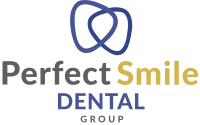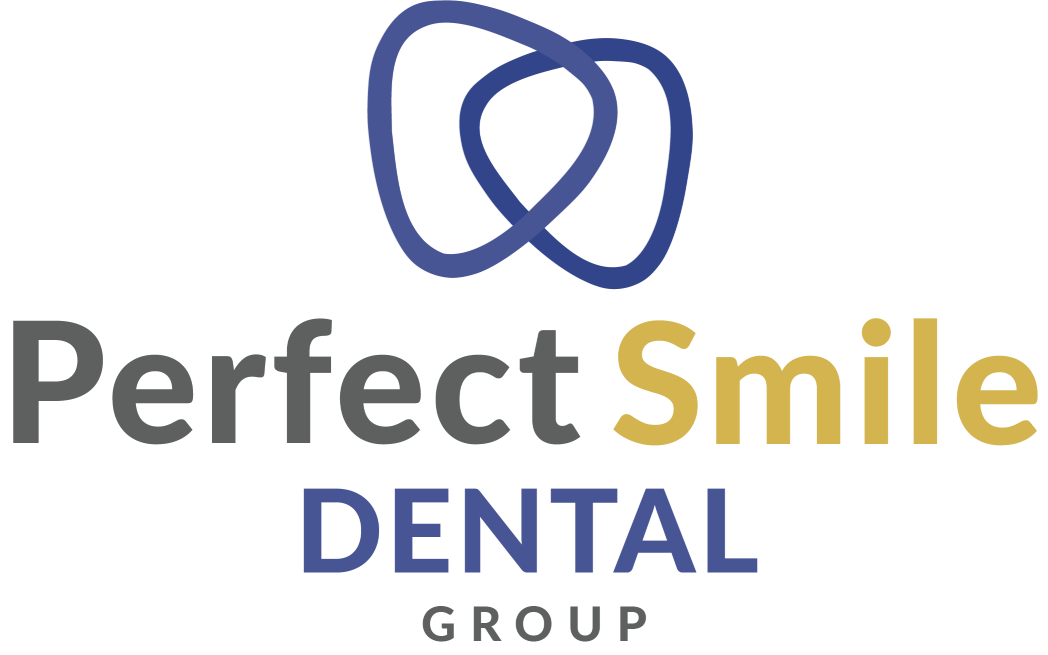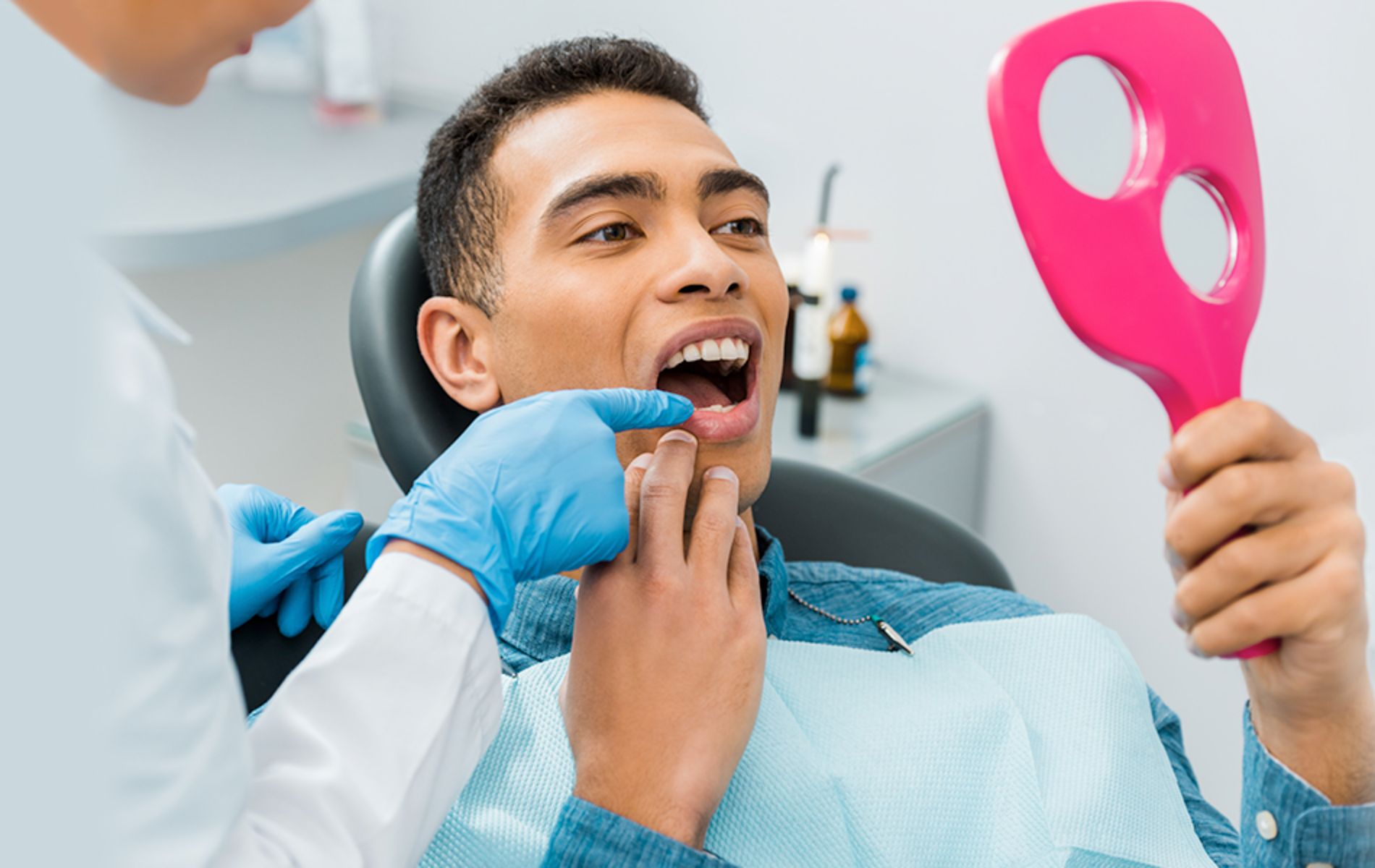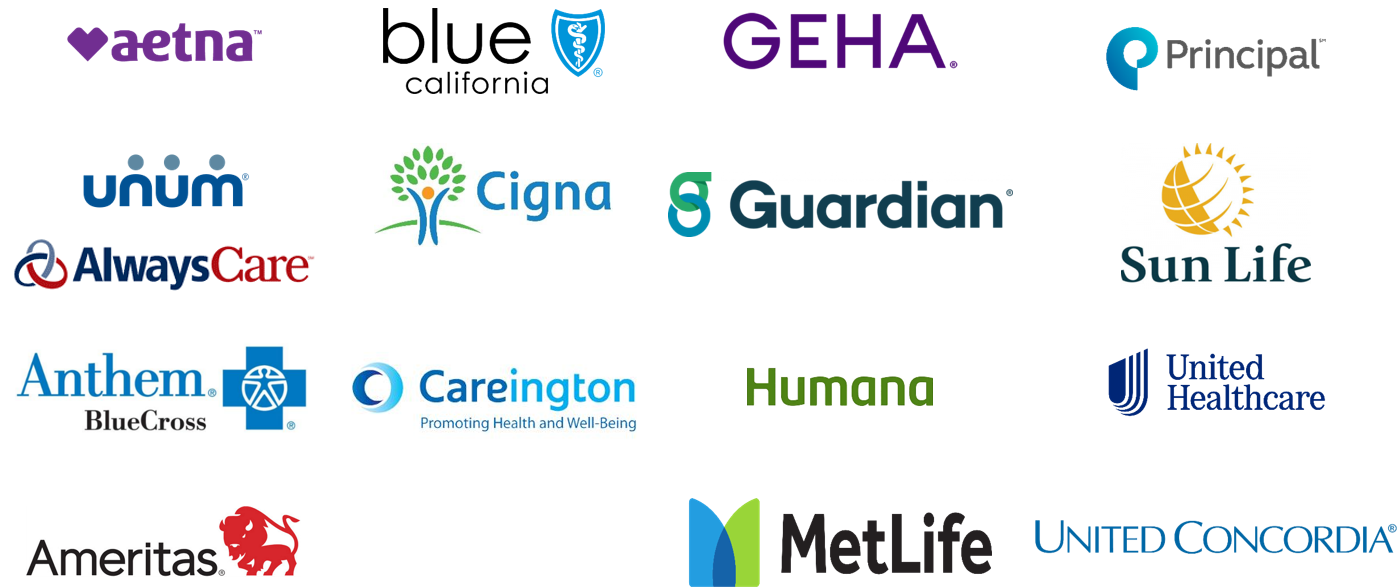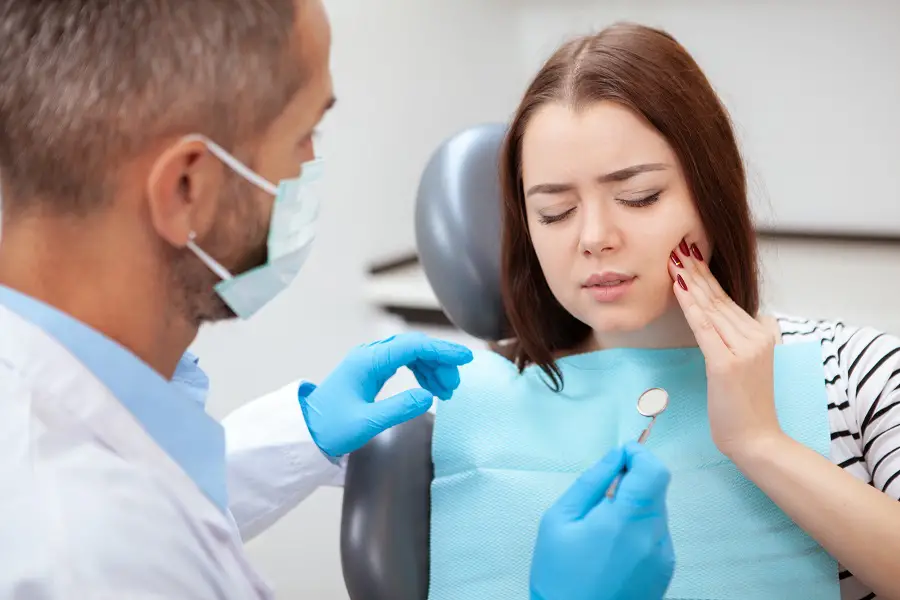Frequently Asked Questions
How much does a tooth extraction cost without insurance?
How painful is a tooth extraction?
Advancements in dentistry have made tooth extractions a pain-free process. Local anesthetics are used to ensure patient comfort and a painless dental experience.
Patients may experience some soreness and tenderness at the extraction site afterward, which can be alleviated with over-the-counter pain medications.
What should I avoid after a tooth extraction?
After exodontics in Whittier, CA, avoid exercising or lifting anything heavy that can cause bleeding. Consider it a personal day to prioritize your health.
Avoid drinking through a straw or splitting, which can cause increased bleeding. Avoid spicy food that can irritate the extraction site. Avoid seeds that can get stuck in the socket and irritate the extraction site. Avoid Alcohol.
If you are a smoker, do not smoke for the next 7 days to prevent an EXTREMELY PAINFUL DRYSOCKET! Use a Nicotine patch in the meantime.
Should I take a day off work after exodontia?
Why do I need a bone graft after a tooth extraction?
Exo dentistry often involves bone grafts after a tooth extraction to ensure the bone remains healthy and suitable in case you want to get dental implants in the future.
Bone graft placement will preserve the bone level at the extraction site, preventing the nearby teeth from shifting into the space.
What happens if a tooth is pulled and not replaced?
If a tooth is pulled and not replaced, the bone surrounding the extracted tooth will resorb, causing the nearby teeth to shift and lean into the space.
The opposing tooth will supra-erupt (grow longer) into the space and hit the other teeth at an odd angle that may cause them to fracture. A bone graft is necessary after extractions in exodontics to preserve the bone level at the extraction site.
A missing tooth should be replaced with a dental implant or a bridge to prevent teeth from shifting or super-erupting.
How long after tooth extraction can I eat?
What helps severe pain after exodontia?
After receiving exo dentistry services in Whittier, CA, these instructions are recommended for pain relief:
- Eat Soft Foods.
- Apply Ice packs.
- Get Proper Rest.
- Lightly rinse with Saltwater.
- Avoid Alcohol and Smoking.
- Take Pain medications (ibuprofen and acetaminophen combination)
